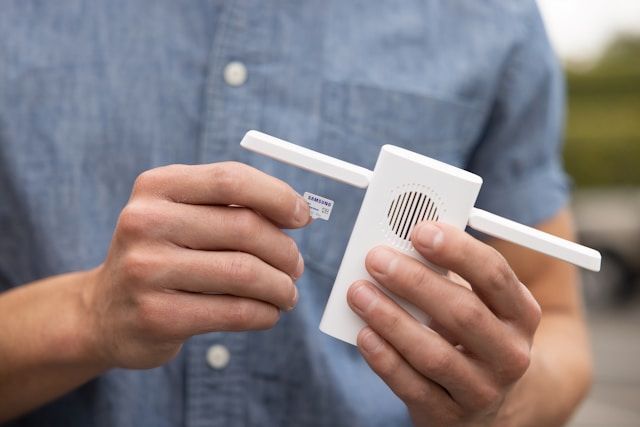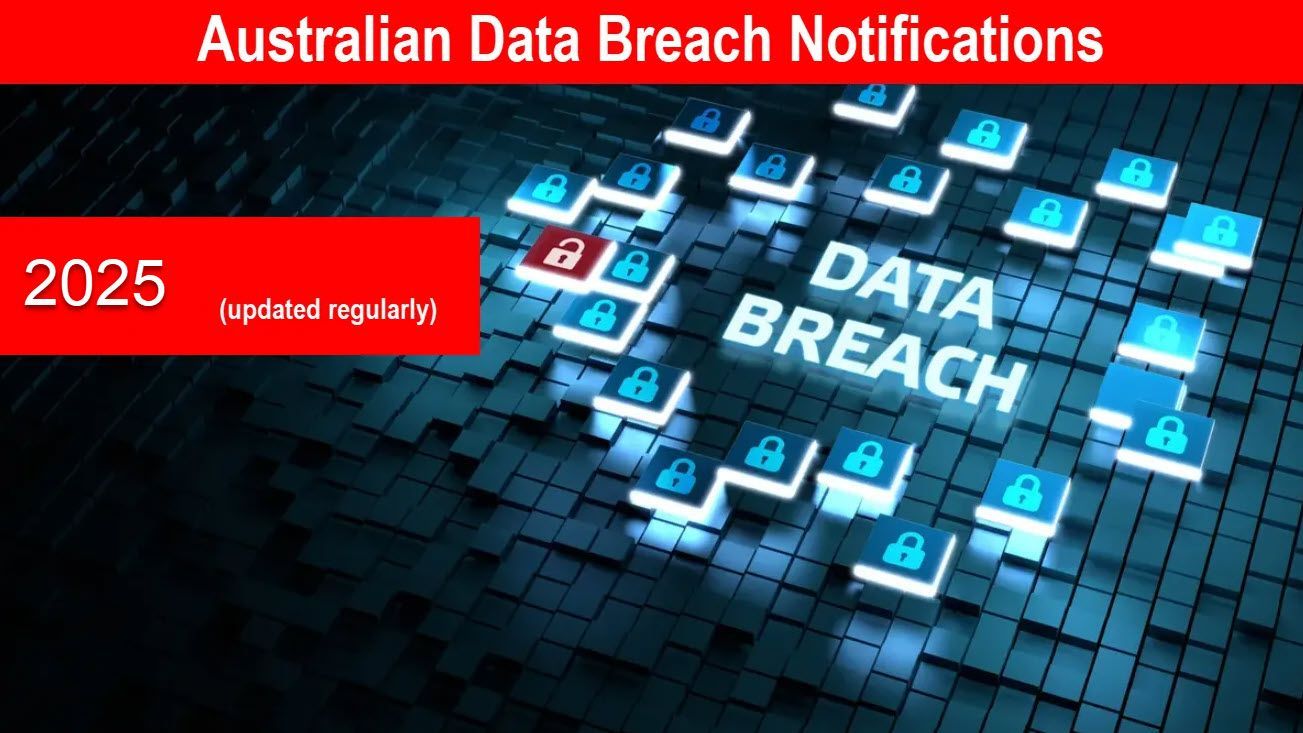Top 7 Online Fraud Prevention Tips for Beginners

Here are the top tips you should follow to stay safe online as a newbie:
1. Create Strong Passwords
To stay safe online, make sure to create strong passwords for whichever account you create. A strong password should be long, at least 12 characters, and include a mix of uppercase letters, lowercase letters, numbers, and special symbols.
When setting up passwords, avoid using easily guessed information like your name, birthdate, or common words. For example, instead of using "Password123," opt for something more complex like "T!gEr&7RoA3!" This makes it harder for hackers to guess or crack your password using automated tools.
Also, using a unique password for each of your accounts ensures that if one password is compromised, your other accounts remain secure. Also, consider using a password manager to keep track of your passwords securely. Strong passwords are your first line of defence against online fraud.
2. Watch Out for Scams
Another important tip you should follow is to actively look out for scams. Scammers often use tactics like phishing emails, fake websites, and unsolicited phone calls to trick you into revealing personal information. Always be cautious of emails or messages that ask for sensitive information, especially if they claim to be from a trusted source but have suspicious links or attachments.
Look for signs of phishing, such as poor grammar, urgent requests, or unfamiliar senders. Verify the authenticity of any communication by contacting the company directly through official channels.
For example, if you receive an email from your bank asking for your password, call the bank to confirm it’s legitimate. Never click on links or download attachments from unknown sources. Staying vigilant and skeptical can help you avoid scams and protect your personal information.

3. Avoid Using Public Wi-Fi Networks
To prevent fraud, it’s a good idea to avoid public Wi-Fi networks. Public Wi-Fi networks are often unsecured, making it easy for hackers to intercept your data. When you connect to public Wi-Fi, avoid accessing sensitive information such as bank accounts, emails, or personal files.
If you must use public Wi-Fi, take precautions to secure your connection. Use a Virtual Private Network (VPN) to encrypt your data, making it harder for hackers to access it. Also, ensure your device's firewall is active and up-to-date. For example, if you're at a coffee shop and need to check your email, use your phone's mobile data instead of the public Wi-Fi.
4. Keep Your Systems Updated
Software updates often include security patches that fix vulnerabilities hackers can exploit so keeping your systems updated is a key step in preventing online fraud. It’s a good idea to regularly update your operating system, applications, and antivirus software to protect your devices from threats.
You can enable automatic updates whenever possible to ensure you don’t miss critical patches. For example, if your computer prompts you to update its operating system, do it promptly. Similarly, keep your web browsers, plugins, and mobile apps up to date. Cybercriminals often target outdated software with known security flaws.
Updating your systems not only improves security but also improves performance and functionality. By staying current with updates, you reduce the risk of online attacks and keep your personal information safe.

5. Don’t Share Your Personal Information Online
Sharing sensitive information like your full name, address, phone number, or financial details on social media or unsecured websites can make you a target for identity theft and scams. So, not sharing your personal information online is important for protecting your privacy and preventing fraud.
First and foremost, be cautious about what you post on social media. Avoid sharing personal details like your birthdate, home address, or vacation plans - they can be used by fraudsters. For example, instead of posting your full birthdate, just share the month and day if needed.
Also, use privacy settings to control who can see your posts and personal information. Only accept friend requests from people you know and trust. If you need to share personal information for legitimate purposes, such as online shopping, make sure the website is secure (look for "https" in the URL).
By being mindful of what you share online and using privacy settings, you can reduce the risk of your personal information being misused.
6. Use a VPN
A VPN encrypts your internet connection, making it difficult for hackers to intercept your data. So, you should use a VPN (Virtual Private Network) whenever you can to improve your online security and protect your privacy. This is especially important when using public Wi-Fi networks, which are often unsecured.
A VPN hides your IP address, making your online activities more anonymous. This helps protect your personal information from cybercriminals and prevents websites from tracking your browsing habits. For instance, if you’re accessing your bank account on a coffee shop’s Wi-Fi, a VPN ensures that your login details remain secure.
When choosing a VPN, opt for reputable providers with strong encryption standards and a no-logs policy. Avoid free VPN services, as they can compromise your privacy by collecting and selling your data.
7. Use Antivirus Programs
Antivirus software detects and removes malicious software to prevent hackers from gaining access to your personal information. So, using antivirus programs is important for protecting your devices from malware and other cyber threats.
Regularly update your antivirus program to ensure it can recognize the latest threats. Many antivirus programs offer real-time protection, scanning your files and internet activity for suspicious behaviour. For example, if you download a file from an email, your antivirus program will check it for malware before it can harm your device.
Choose a reputable antivirus program with comprehensive protection features, including anti-phishing and firewall capabilities. Avoid downloading files or software from untrusted sources, as they may contain hidden malware.
Final Words
To protect yourself from online fraud, you will need to be proactive and beware of potential threats. By creating strong passwords, watching out for scams, avoiding public Wi-Fi networks, keeping your systems updated, and not sharing personal information online, you can significantly reduce the risk of falling victim to cybercriminals.
Moreover, using a VPN and antivirus programs adds extra layers of security to safeguard your data. Implementing these seven essential tips will help you stay secure in the digital world and enjoy a safer online experience. Stay vigilant, stay informed, and prioritize your online safety!









